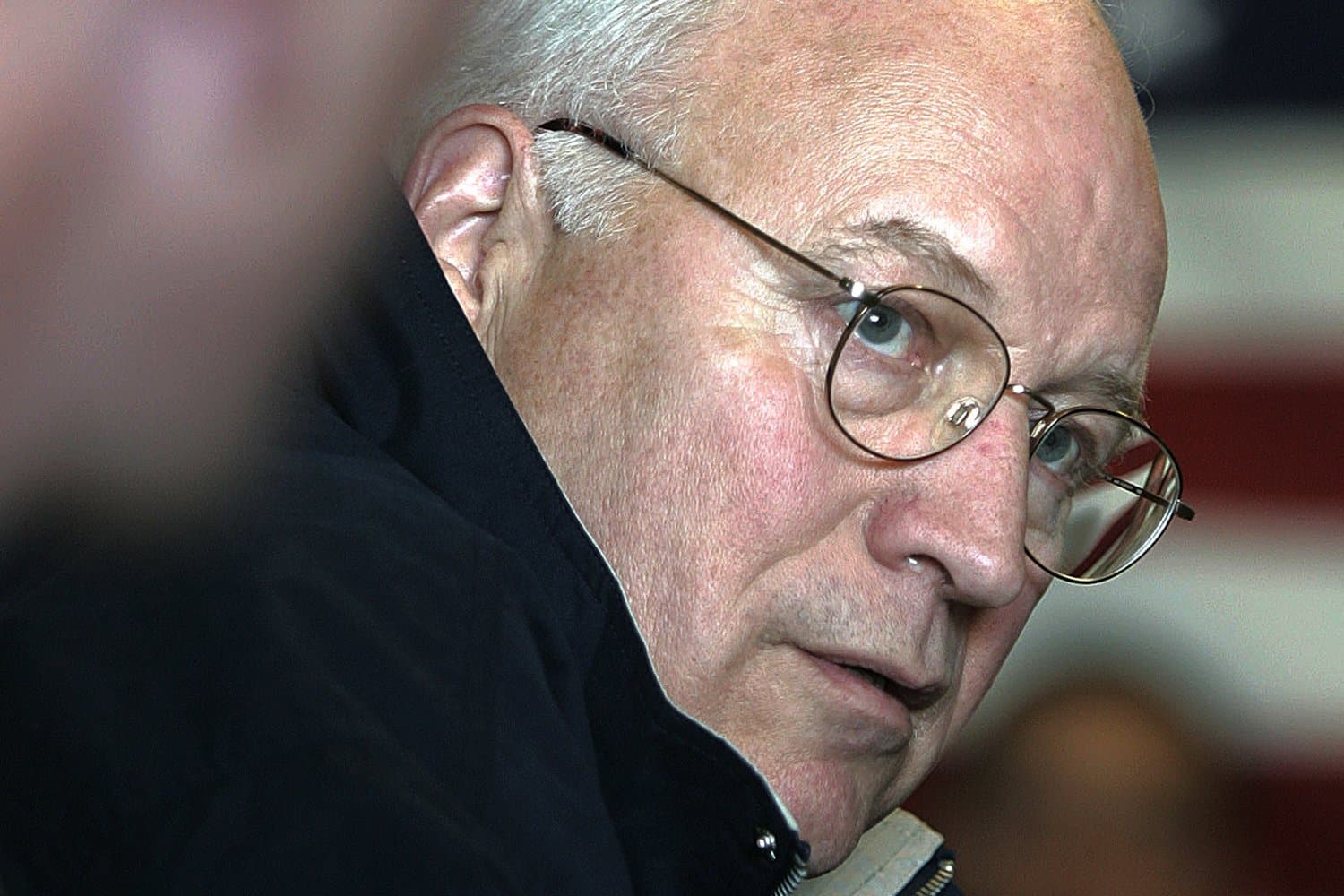We're loading the full news article for you. This includes the article content, images, author information, and related articles.
The former US Vice President's legacy of a muscular, interventionist foreign policy continues to influence global security, including counter-terrorism efforts in East Africa. His death prompts a re-examination of an era defined by the 9/11 attacks and the Iraq War.

Dick Cheney, who served as the 46th Vice President of the United States and was widely regarded as one of the most powerful figures to ever hold the office, died on Monday, November 3, 2025, at the age of 84. A statement from his family confirmed the death was due to complications from pneumonia and long-standing cardiac and vascular disease.
Cheney's long and consequential career in American politics spanned over four decades, placing him at the center of major historical events from the Gerald Ford administration to the aftermath of the September 11, 2001 terrorist attacks. His tenure as George W. Bush's vice president from 2001 to 2009 marked the zenith of his influence, where he played a pivotal role in shaping the US response to 9/11 and was a chief architect of the 'war on terror'.
In the wake of the 9/11 attacks, Cheney was a primary advocate for an aggressive and expansive assertion of American executive power. He was instrumental in the decisions to invade Afghanistan in 2001 and, most controversially, Iraq in 2003. The administration's justification for the Iraq War, which Cheney forcefully promoted, was based on claims that Saddam Hussein's regime possessed weapons of mass destruction (WMDs) and had ties to al-Qaeda. These claims were later found to be unsubstantiated.
The policies enacted during this period had a profound global impact. The Bush-Cheney administration's 'war on terror' redefined US foreign policy, leading to the authorization of enhanced interrogation techniques, widespread surveillance programs, and the detention of suspects at Guantanamo Bay. For East Africa, this era translated into a heightened focus on counter-terrorism. In speeches, Cheney himself cited the 1998 US embassy bombings in Nairobi, Kenya, and Dar es Salaam, Tanzania, as precursors to 9/11, arguing they were instances where terrorists struck America without facing a significant price. This perspective fueled increased US security funding and military cooperation with nations like Kenya to combat extremist groups in the region.
Richard Bruce Cheney was born in Lincoln, Nebraska, on January 30, 1941. His political journey began in the late 1960s and saw a rapid ascent. He served as White House Chief of Staff under President Gerald Ford, a six-term congressman for Wyoming, and as Secretary of Defense from 1989 to 1993 under President George H.W. Bush, where he oversaw Operation Desert Storm. After a period in the private sector as CEO of Halliburton, he returned to government as George W. Bush's running mate in 2000.
Known for his deep understanding of the mechanics of government, Cheney transformed the vice presidency from a largely ceremonial role into a powerful center of influence within the White House.
In his post-White House years, Cheney remained a vocal commentator on national security. However, he became increasingly estranged from the Republican Party's direction under Donald Trump. Cheney, along with his daughter, former Congresswoman Liz Cheney, became one of the most prominent Republican critics of Trump, condemning his efforts to overturn the 2020 election and his role in the January 6, 2021, Capitol attack. In a striking break from his party, Cheney called Trump the greatest threat to the American republic in its history and endorsed Democrat Kamala Harris in the 2024 presidential election.
A funeral service was held on Thursday, November 20, 2025, at the Washington National Cathedral. The event brought together figures from across the political spectrum. Former President George W. Bush delivered a eulogy, remembering his vice president as a steady and loyal advisor. "In a profession that attracts talkers, he was a thinker and a listener," Bush stated. He also revealed that Cheney had offered to step down from the ticket during the 2004 reelection campaign, a testament to his character.
Other attendees included former President Joe Biden and former Vice Presidents Al Gore, Mike Pence, and Kamala Harris. Donald Trump was not invited and did not attend the service. Cheney's daughter Liz also delivered a powerful tribute, emphasizing her father's commitment to the US Constitution above party loyalty. Cheney is survived by his wife, Lynne, and their two daughters, Liz and Mary.
Keep the conversation in one place—threads here stay linked to the story and in the forums.
Sign in to start a discussion
Start a conversation about this story and keep it linked here.
Other hot threads
E-sports and Gaming Community in Kenya
Active 9 months ago
The Role of Technology in Modern Agriculture (AgriTech)
Active 9 months ago
Popular Recreational Activities Across Counties
Active 9 months ago
Investing in Youth Sports Development Programs
Active 9 months ago